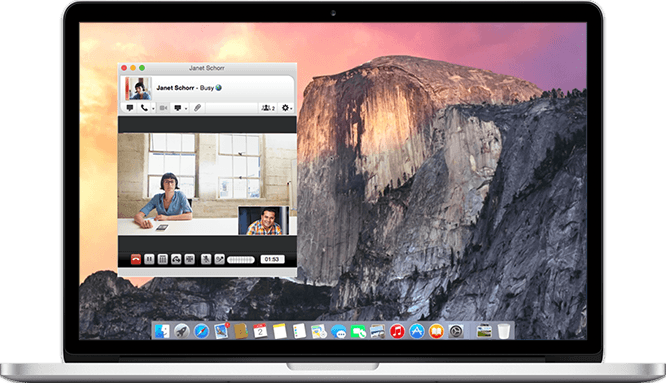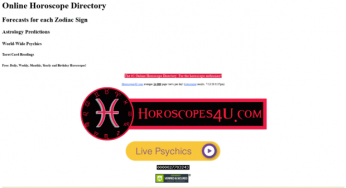
It offers multiple video chatting features, and people joining your chat don’t have to create an account.Īll information that leaves your device is encrypted but again, it’s not end-to-end encrypted, and I have found the app can become a little jittery when multiple people join the chat. Jitsi is a very cool and secure open source app that’s recently launched to the market. It “enforces team-wide and organization-wide two-factor authentication, single sign-on through Active Directory, and encryption of data in transit and at rest,” according to Microsoft. Microsoft Teams is the video meeting choice for businesses using Office 365. One caveat though: Although video calls are encrypted, Skype isn’t end-to-end encrypted, so for those super sensitive calls, you are better with an option such as Signal. It’s very stable, supports large group chats, you don’t need an account to use it, and it’s easy to create your own meeting and control who’s allowed in. Skype is a solid Zoom alternative mainly because it is nearly as functional. Unlike Zoom, Signal doesn’t support group chats, so it is really for use when you are having a one to one–perhaps with your therapist. As with Apple’s FaceTime, Signal is protected by end-to-end encryption, powered by the open source Signal Protocol.īut as is often the case with highly secure apps such as Signal, it does lack some functionality. Think of it as a WhatsApp alternative, and like WhatsApp, Signal offers video functionality. SignalĪlready beloved of the security community, Signal is a highly private and secure app.

FaceTime is stable –I haven’t experienced any lag while using it–and it allows you to add multiple people to your video chat. Unlike Zoom, FaceTime uses end-to-end encryption, which means even Apple doesn’t have the key to view your chats, according to Apple.

Apple’s FaceTime is a perfect alternative to Zoom, as long as everyone who’s part of the meeting or chat has access to an Apple device.


 0 kommentar(er)
0 kommentar(er)
